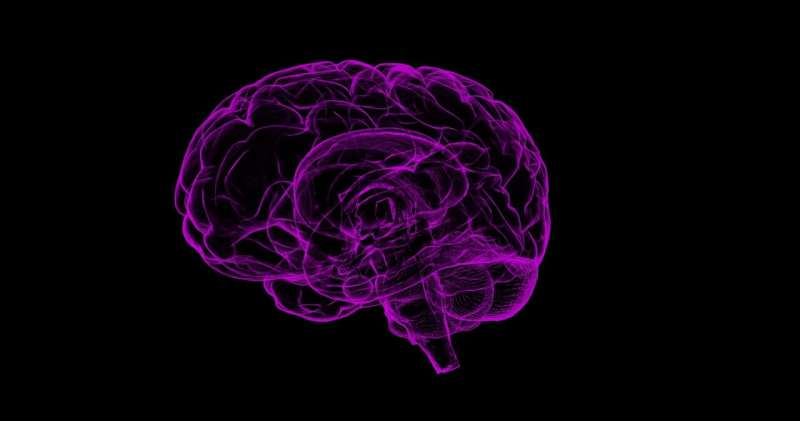Can Food Cravings Help Predict Cancer Months Before Symptoms Show?

Exploring whether sudden food cravings can serve as early indicators of cancer before traditional symptoms emerge, with insights into the complexity and limitations of such signals.
Recent discussions have highlighted the intriguing idea that sudden changes in food cravings might signal an undiagnosed cancer well before traditional symptoms appear. While this concept captures public attention due to its promising simplicity — suggesting that spotting a food fixation could lead to early diagnosis — scientific evidence tells a more nuanced story. Changes in appetite and taste are common in cancer patients and can sometimes occur before diagnosis or during treatment. However, these symptoms are often non-specific and influenced by many factors like medications, stress, and other health conditions.
The idea that specific cravings, such as a sudden desire for sweets or ice, reliably indicate cancer is not supported by robust research. Clinical anecdotes highlight cases where taste and appetite altered prior to diagnosis, but these are not dependable indicators for the general population. Studies examining altered eating behaviors in cancer patients reveal a complex interplay of biological, physiological, and psychological factors—such as inflammation, changes in taste and smell, and emotional state—that influence appetite.
A notable exception is ice chewing, known as pagophagia, which is linked to iron deficiency anemia, a treatable condition. Iron deficiency can cause symptoms like fatigue, breathlessness, and headaches, and is easily diagnosed and managed.
It's important to understand that craving-based signals are not diagnostic tools. They can distract from established screening methods that more effectively detect cancers—especially those with warning signs like unexplained weight loss, unusual bleeding, or lumps. Relying on cravings can also lead to harmful behaviors, such as severe dieting or attempting to starve a tumor, which can be detrimental to health.
If persistent or unexplained changes in taste or eating habits are noticed, consulting a healthcare professional is advisable. Proper testing can identify conditions like iron deficiency or other issues, and guideline-based screening remains the best approach for early cancer detection. Ultimately, maintaining a balanced diet, staying attentive to genuine symptoms, and following medical advice are crucial steps in health and cancer prevention.
Stay Updated with Mia's Feed
Get the latest health & wellness insights delivered straight to your inbox.
Related Articles
Study Uses AI to Uncover Disparities in Amputation Rates Among Rural and Minoritized Populations
A new study employing AI uncovers the role of implicit bias in disparities of limb amputation rates among rural and minoritized populations with vascular disease, highlighting the need for equitable treatment guidelines.
The Impact of Pre-Pregnancy Planning on Child Development
Discover how pre-pregnancy planning and health optimization can influence child development and long-term well-being, highlighting the importance of early interventions for prospective parents.



